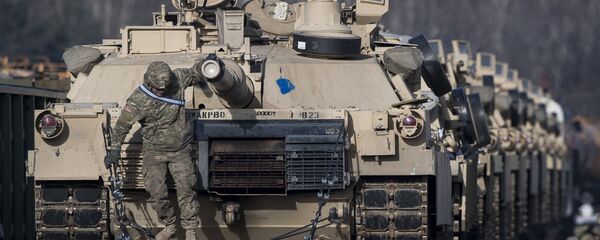Congress decided late last year to ramp up military staffing once more, in line with US President Donald Trump's campaign pledges. But a serious increase in strength cannot be achieved without an equally serious increase in funding, and the Army is now tripling the amount of bonuses it's paying in 2017 to more than $380 million, on top of the approved base budget of $550 billion.
"If we're asked to keep more force structure without an increase in budget in some way, then we have more people with less training and less equipment," then-Army Secretary Eric Fanning said in November.
"That could easily, quickly become a larger Army that's less effective, less capable than the one we're trying to build now."
The objective is to bring in 6,000 soldiers and 1,000 officers, and to find a way to entice 9,000 existing soldiers to stay for a longer term. Convincing those troops who are just months away from leaving the service to stay on has proved to be the hardest part.
"We've got a ways to go," Gen. Robert Abrams, head of US Army Forces Command, told the Associated Press.
"I'm not going to kid you. It's been difficult because a lot of these kids had plans and their families had plans."
Maj. Gen. Jason Evans, head of Human Resources Command, pointed out that the Army is expanding with a focus on quality, not quantity, of personnel. Not everyone who re-enlists will receive $90,000. Higher bonuses will go to those in high-skilled jobs, like in the cyber field or cryptology, while basic infantry soldiers may receive nothing or a few thousand dollars.
"The top line message is that the Army is hiring," Evans told reporters.




